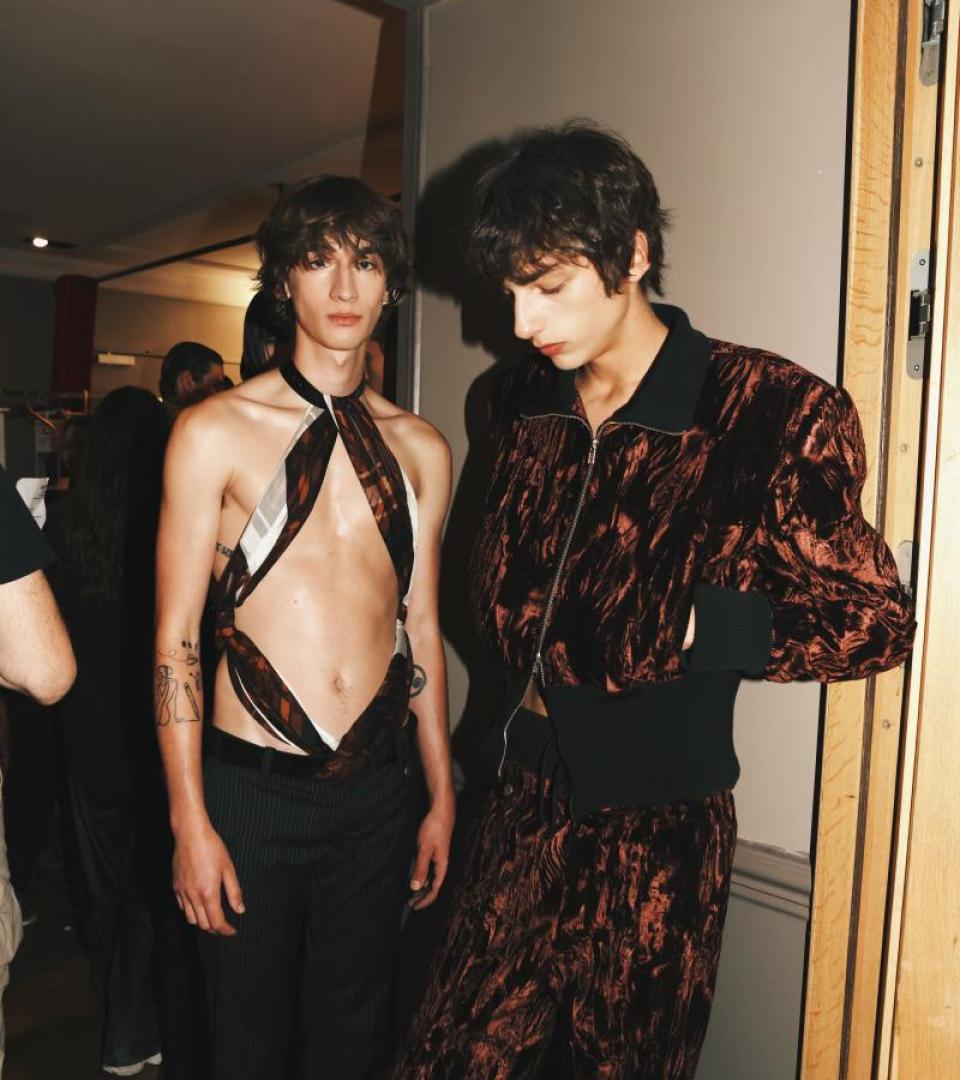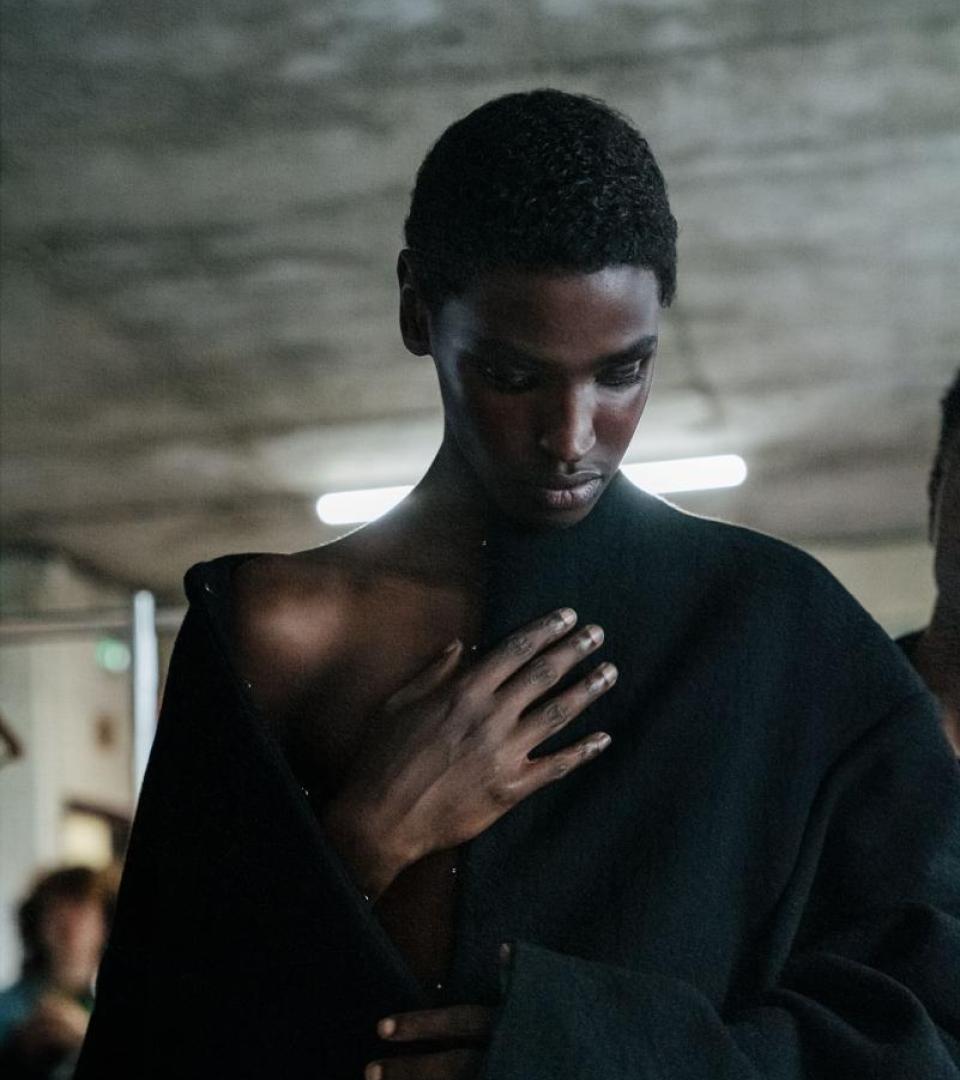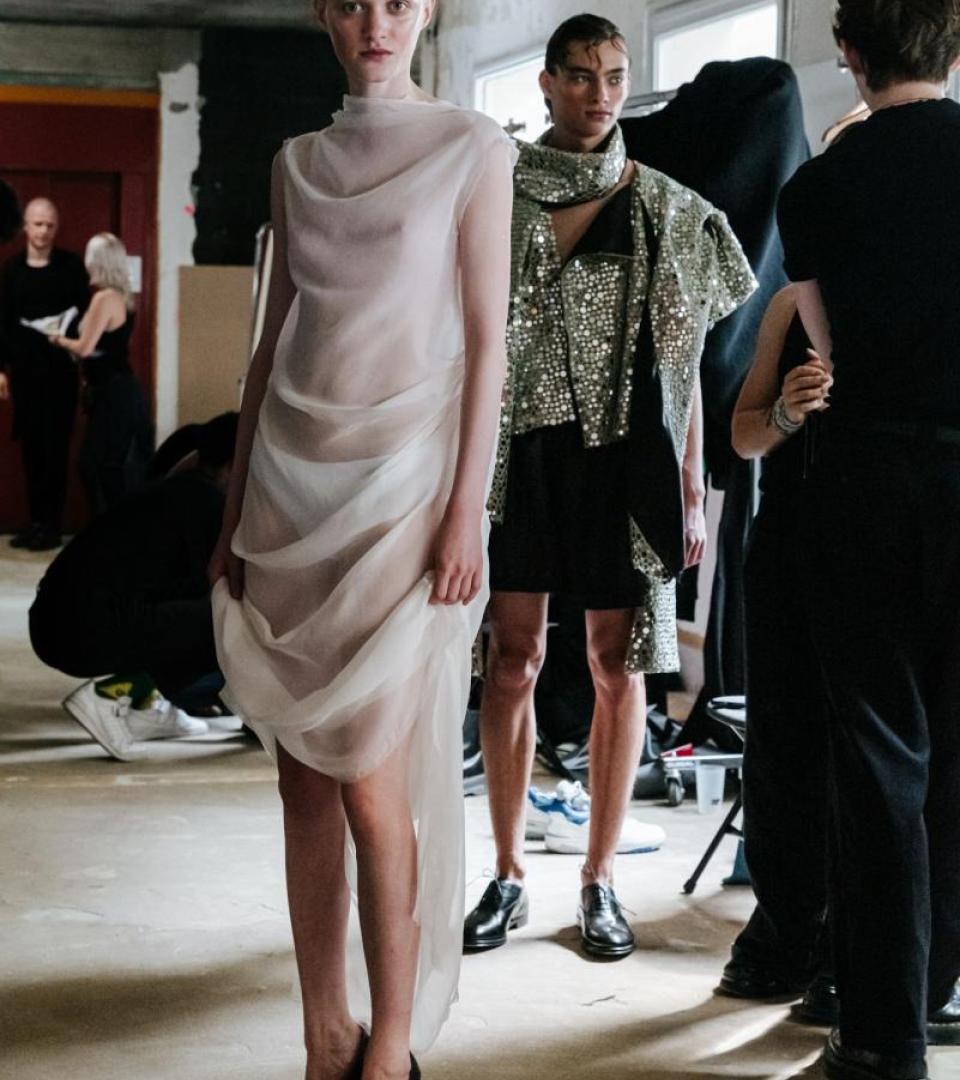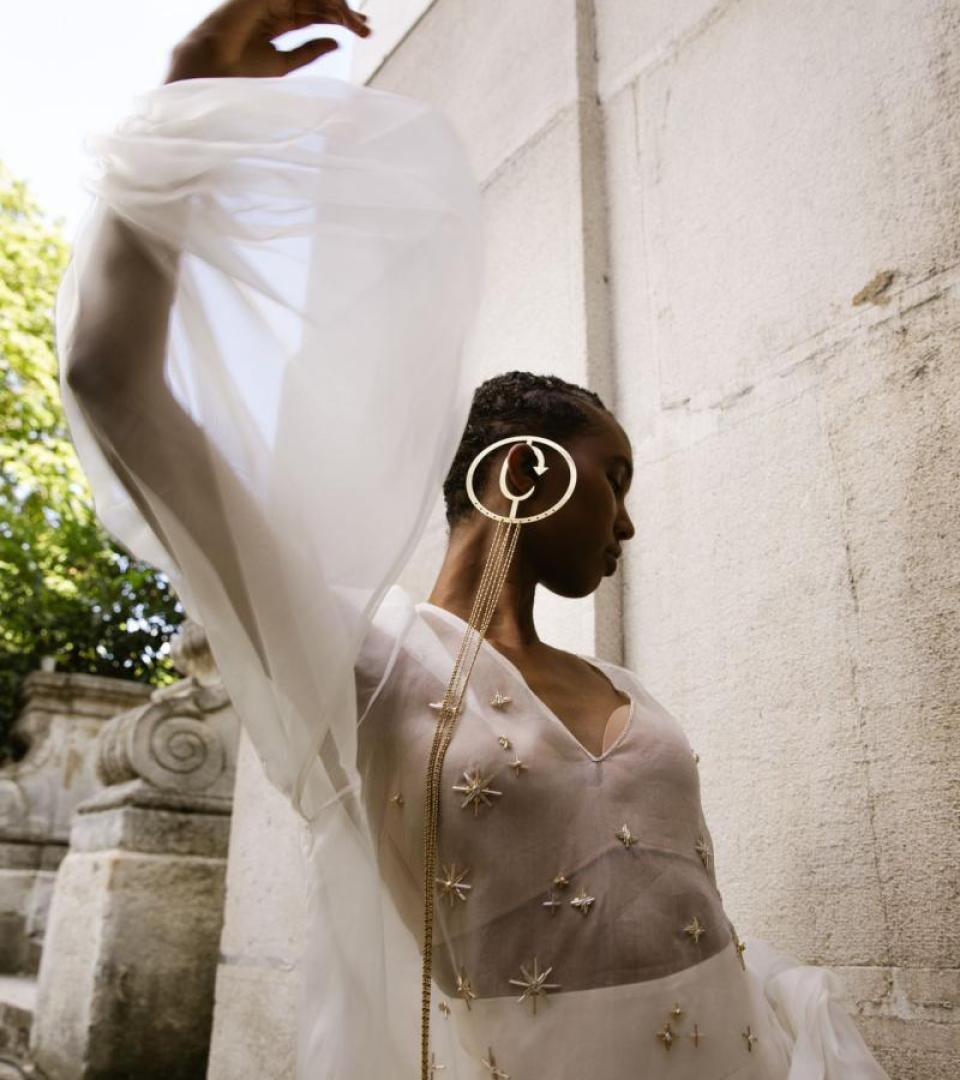A take on fashion

Caroline Evans is Professor of Fashion History and Theory at Central Saint Martins (University of the Arts London). Her publications include Fashion at the Edge, The Mechanical Smile and Time in Fashion. She has lectured widely at international design schools and universities, and has acted as a museum consultant on several fashion exhibitions.
How does the current crisis impact the relationship to clothing and fashion?
Whose relationship? The people who work in fast fashion factories to produce t-shirts in Bangladesh, for example, or the people who buy them in mostly Western countries? The former are put at risk by the requirements to keep on working, if their factories are still operational, that is (and if not they are effectively rendered unemployed by the pandemic), while the latter can buy online from the comfort of their own homes. The pandemic has put global and local inequalities into sharp focus: if you are able to work from home you are probably a ‘knowledge worker’ and already in a privileged category of roughly 25-30% of workers. I am therefore impatient with fashion journalism of the last six months that has focused on the niceties of what to wear in Zoom calls. Whether you’re wearing trackie bottoms under the desk is of no interest to me.
How does/can fashion play its individual expression and liberation role in our changing societies?
Well I could answer in the same vein as above: whose individual expression and liberation, and at what cost does it come for the workers who make those clothes? But actually I do think that fashion has a role to play, now more than ever, through the social power of its imagery. It’s as if, with the entry of cultural politics into the consumer landscape, there’s a new role for the imagination in social life. Look at how issues of BLM and sustainability play out in fashion, be it in the Londoner Grace Wales Bonner’s version of afrofuturism, or in Paris in Marine Serre’s ecofuturism. I’ve been thinking recently of fashion as a kind of worldmaking. As designers become more socially and politically engaged, they are able to challenge the status quo and imagine new paradigms which may be either utopian or dystopian.
Can you mention a piece of clothing, a collection, or an image that would embody fashion special role in 2020 for you?
Some of my thoughts above were inspired by the mis-en-scène of the Balenciaga AW 2020 collection with its flooded floor and its apocalyptic backdrop of ecological and natural disasters projected onto the ceiling.



